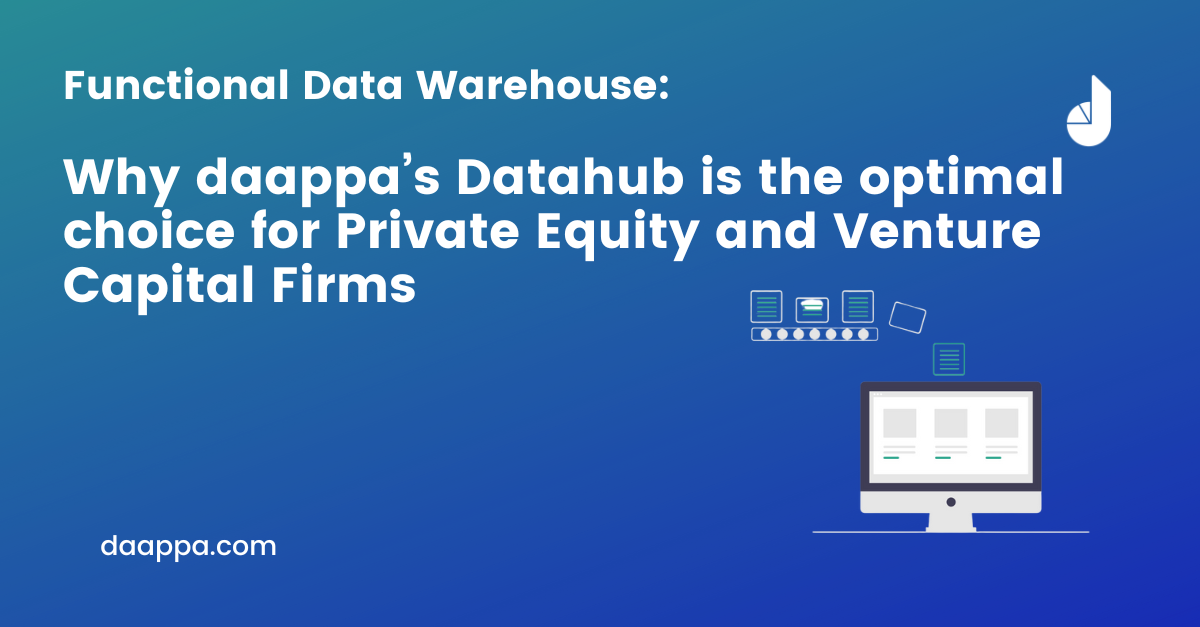However as this source of capital has become more prevalent, so the barriers to entry have been lifted, even for retail investors through more inclusive instruments such as mutual funds, REITS and investment trusts.
Retail investors can now invest small amounts regularly to take advantage of the potential returns to grow their capital, alongside their wealthier individual and institutional counterparts.
The rapid expansion of the market’s investor base has led to an increase in volumes and complexity when it comes to managing and administering funds. This in turn has impacted the technology fund managers need to operate efficiently, operating models need to be scalable and flexible to meet current and future needs.
Added to the burden of operating a fund, is the ever-changing regulatory environment, as regulators increasingly do more to protect investors through new and updated legislations such as the Investment Firms Regulation and Directive (IFR & IFD), Sustainable Finance Disclosure Regulation (SFDR), IFRS 9, and more.
The strain on fund managers today from a technological stance is simple. Where once low volumes of data that were inputted on single specialist solution(s) would suffice, what is now required are integrated, robust, powerful data engines and supporting infrastructure, to cope with the high volumes of data. Technology needs to obtain data from multiple data sources, to be centralised, processed, fed into multiple and complex calculations, and achieve compliant reporting.
Historically, fund managers invested in specialist software solutions for a specific need at various points in time, the ‘best of breed’ approach, causing an amalgamation of software that resolves a specific use case and nothing more.
The shortfall in this approach includes, limited or no integration capabilities, process gaps that require manual and time-consuming workarounds, but worst of all further, sometimes costly, investment in another new system should there be a new requirement or change to the business model.
These shortfalls become compounded over time, resulting in an urgent need for seamless, integrated process platform, an ‘end to end’ solution approach, which meets the needs for a data-driven operating model. This has seen many firms re-evaluate their technology stack and search for a solution that delivers the most in future proof and cost-effective way.
With automation and operational efficiency being two of the three highest concerns for fund managers from our recent operational survey – how do we best achieve data synergy through operational technology investment moving forward?
Firms need to be agile, efficient and transparent whilst delivering competitor service level to clients within acceptable operating risk parameters – at scale.
To achieve this, a single and integrated solution that offers a single point of data entry and can act as single source of truth across asset classes is necessary.
Full stack technology platforms that encompass software with end to end processing, self-service reporting, no-code customisations options, open architecture data management capabilities and delivered a managed cloud-hosted services is what is being sought after.
Solutions such as daappa Studio+ that has integrated powerful accounting, portfolio management, reporting and data engines that power our Data Hub, Compliance, Look Through and Analytics modules is an example of what can be achieved.
Speak to our team to request a demo and your requirements, we always welcome opportunities to provide proof of concept to showcase how our solution can benefit your team.







